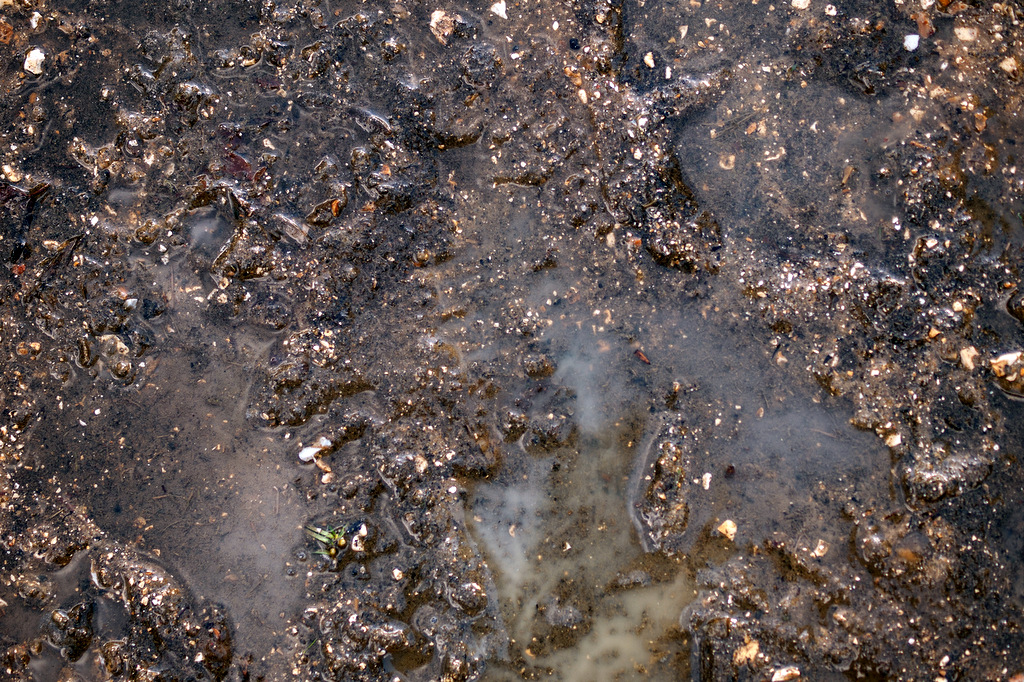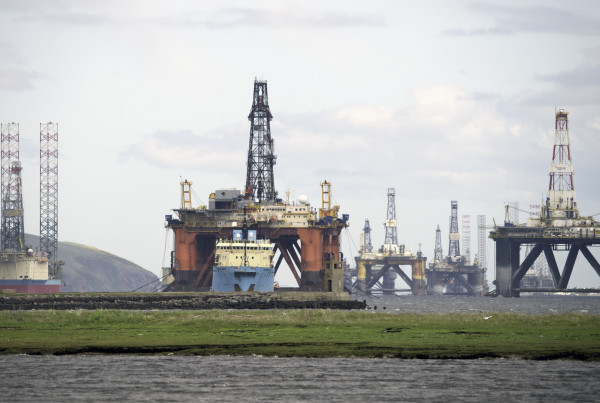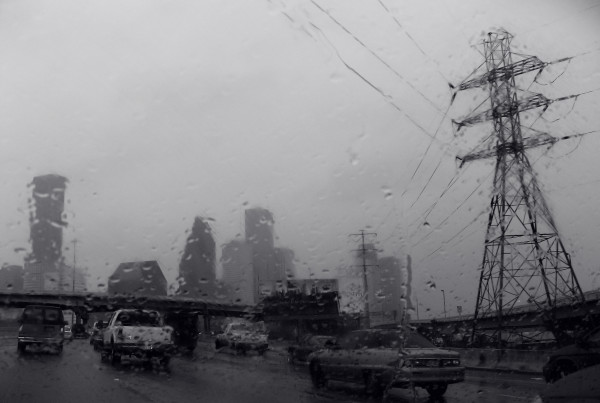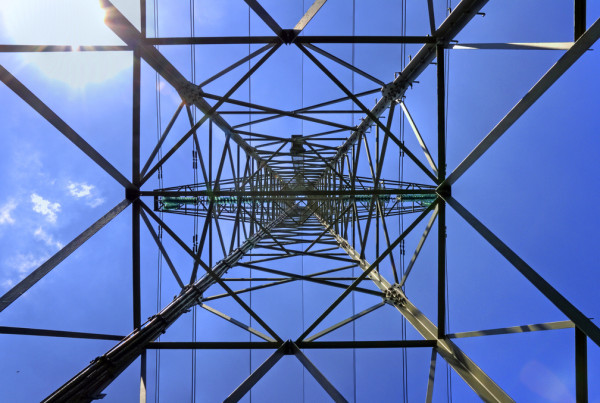Chevron’s 450-foot tall oil rig, fondly named ‘Big Foot’ was set to start producing oil and natural gas this year and continue on for the next three decades. But it’s having some very serious problems. The mile-long steel tendons meant to support the platform are sinking one after the other, right into the Gulf of Mexico mud.
Rhiannon Meyers, energy reporter for the Houston Chronicle says these steel tendons are gargantuan on an almost superhuman scale. They are mile-long cables meant to anchor the oil platforms, called tension leg platforms, to the seafloor. “This design allows it to ride out hurricanes a little bit better, instead of having that dramatic up and down motion that would happen with other platforms,” Meyers says. “Tension leg platforms like this one are a little bit more stable on the ocean surface.”
The tendons were snapping and sinking between May 29 and June 4, but the platform wasn’t connected at the time.
Meyers says the tendons are installed first, before the platform. They’re attached to the surface of the ocean using buoyancy modules – stabilization equipment roughly the size of two 18-wheelers side by side – as a temporary fix before connecting them to platforms.
Meyers says no one really knows what caused the tendons to sink. There were 16 tendons connected to the buoyancy module, and nine of those ended up sinking. The situation is unusual, she says, because “there are other tension-like platforms like this in the gulf that have similar installations and this hasn’t happened before.”
Chevron says it is sending undersea robots and a few ships to assess the damage and unearth exactly what happened.
Worst case scenario? That the platform itself would be loose in the Gulf, Meyers says.
“Although, talking to some analysts today, that would’ve been a pretty unlikely scenario,” Meyers says. “Once these tendons are connected to the actual platform, it’s very unlikely for them to become detached from the platform…. The offshore industry is watching this very, very closely, because this does appear to be a very unusual situation.”














